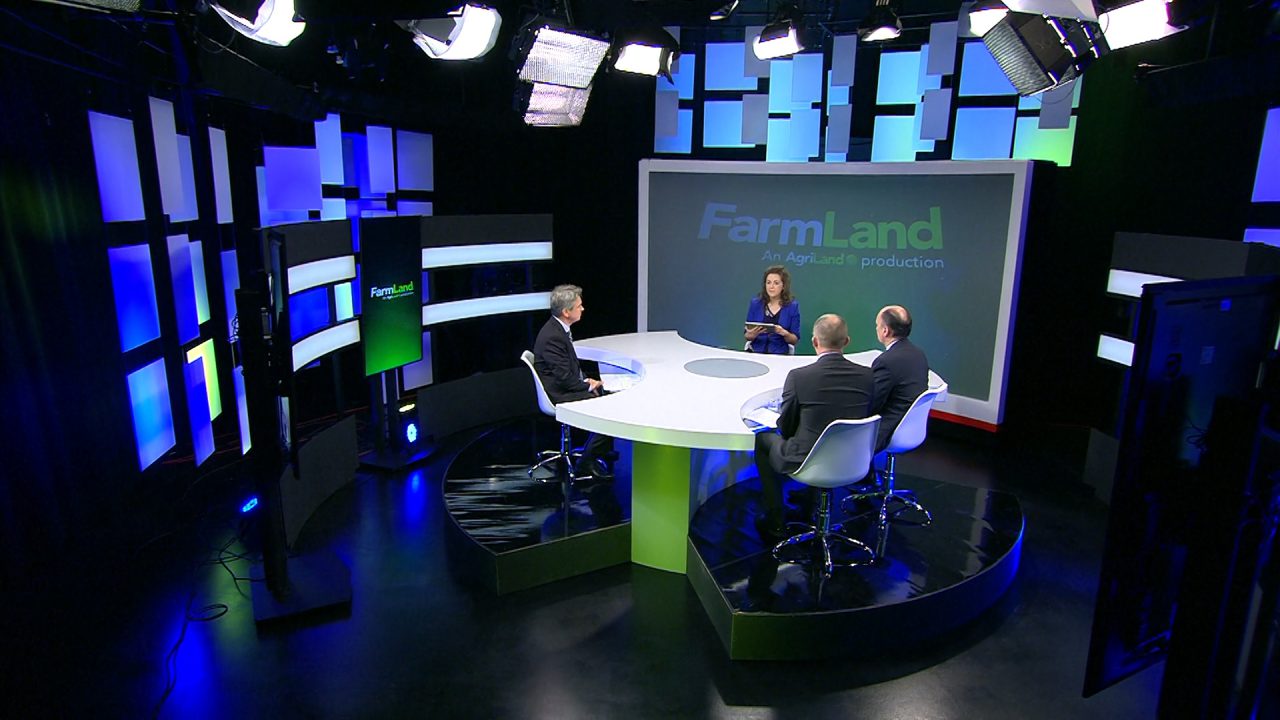What is the current state of play on the reform of the next Common Agricultural Policy (CAP) post-2020 – and what will it mean for Irish farmers?
Tonight, on the first episode of FarmLand season three, we get the inside track from the top brass forming the new policy at the European Commission in Brussels.
Sitting down with presenter Claire Mc Cormack, Frank Bollen, the head of the budget management unit at DG AGRI, gives his view on looming budget cuts to the EU’s Multiannual Financial Framework and its impact on the CAP coffers.
The reduction comes on the back of a €12 billion annual EU budget deficit caused by Brexit and a renewed member state prioritisation on security, defence and migration.
Meanwhile, Pierre Bascou, director of sustainability and income support at DG AGRI, drills into the unfair distribution of direct payments under the current policy – which sees 80% of the supports going to 20% of the beneficiaries.
Bascou will also outline to FarmLand how his team is tackling this issue.
He will also respond to some commentator claims that the CAP reform changes are “misleading” as they distract from some of the smaller print in the commission’s proposal – such as the full deduction of on-farm labour costs.
Technology
Plus, Tassos Haniotis, director for strategy, simplification and policy analysis at DG AGRI, underlines how embracing technology can make life easier for farmers into the future.
He is of the perspective that “the sooner farmers move into the reapplication of new technologies, the better it will be for agricultural production and performance”.
However, he highlights that ensuring that robust farm advisory systems are in place for this transition will be “crucial” to achieving sustainable results.
